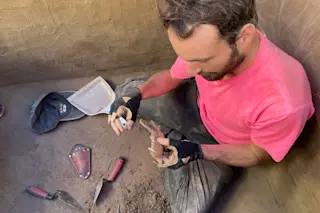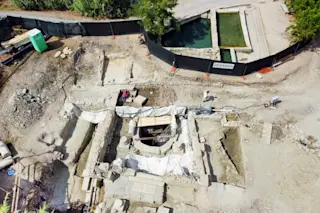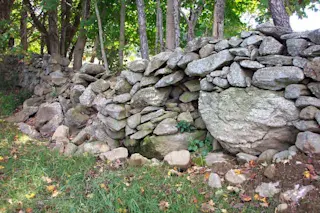Mel Gibson depicted highland tribes as rowdy barbarians, but the discovery of a pot of Roman coins in Scotland suggests William Wallace's ancestors were more interested in finances than fighting.
The cache, consisting of 300 silver denarius coins, dates from A.D. 60 to 200, just after the main Roman occupation of northern Britain. "We know there were problems on the northern frontier at the time, and there has been a theory that the Romans were using bribes to keep troublesome chieftains quiet," says Fraser Hunter, curator of Roman archaeology at the National Museums of Scotland. He and his colleagues unearthed the coins at Birnie, which was 150 miles north of the nearest Roman settlement at the time, leaving little question that the loot was in the hands of a savvy Scottish tribesman.
The Scots were living large in elaborate wooden houses with fine crafts. Even so, a hoard of 300 ...














